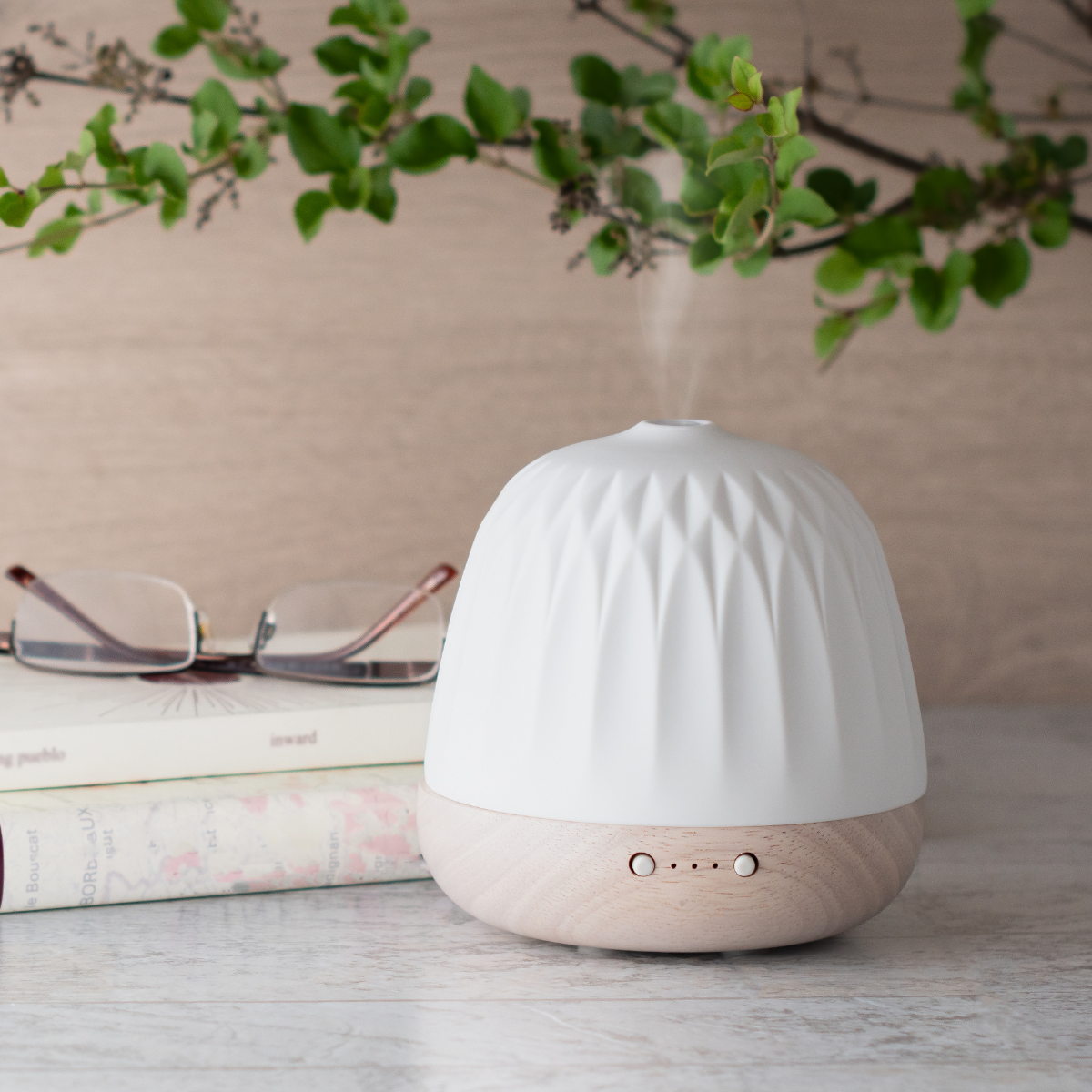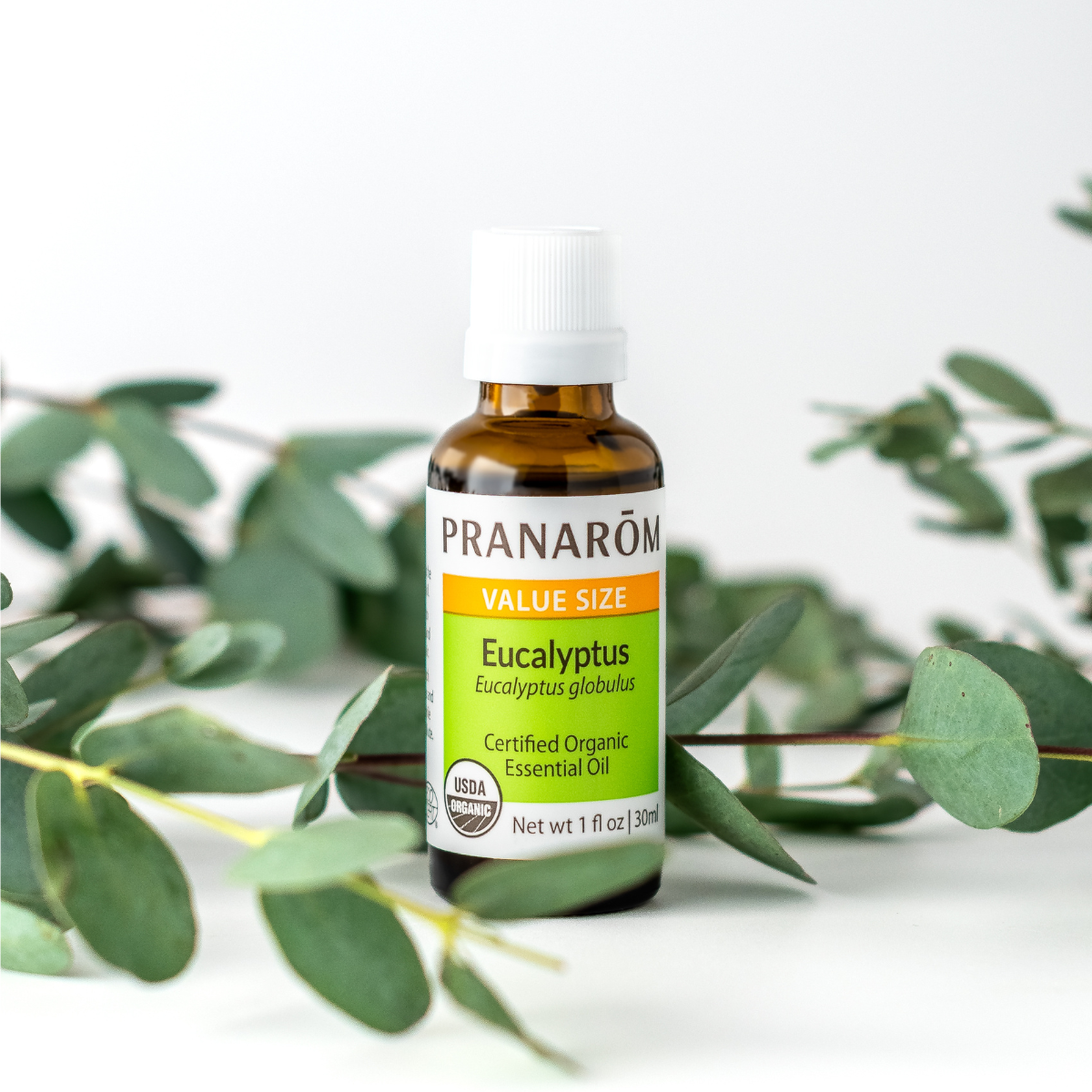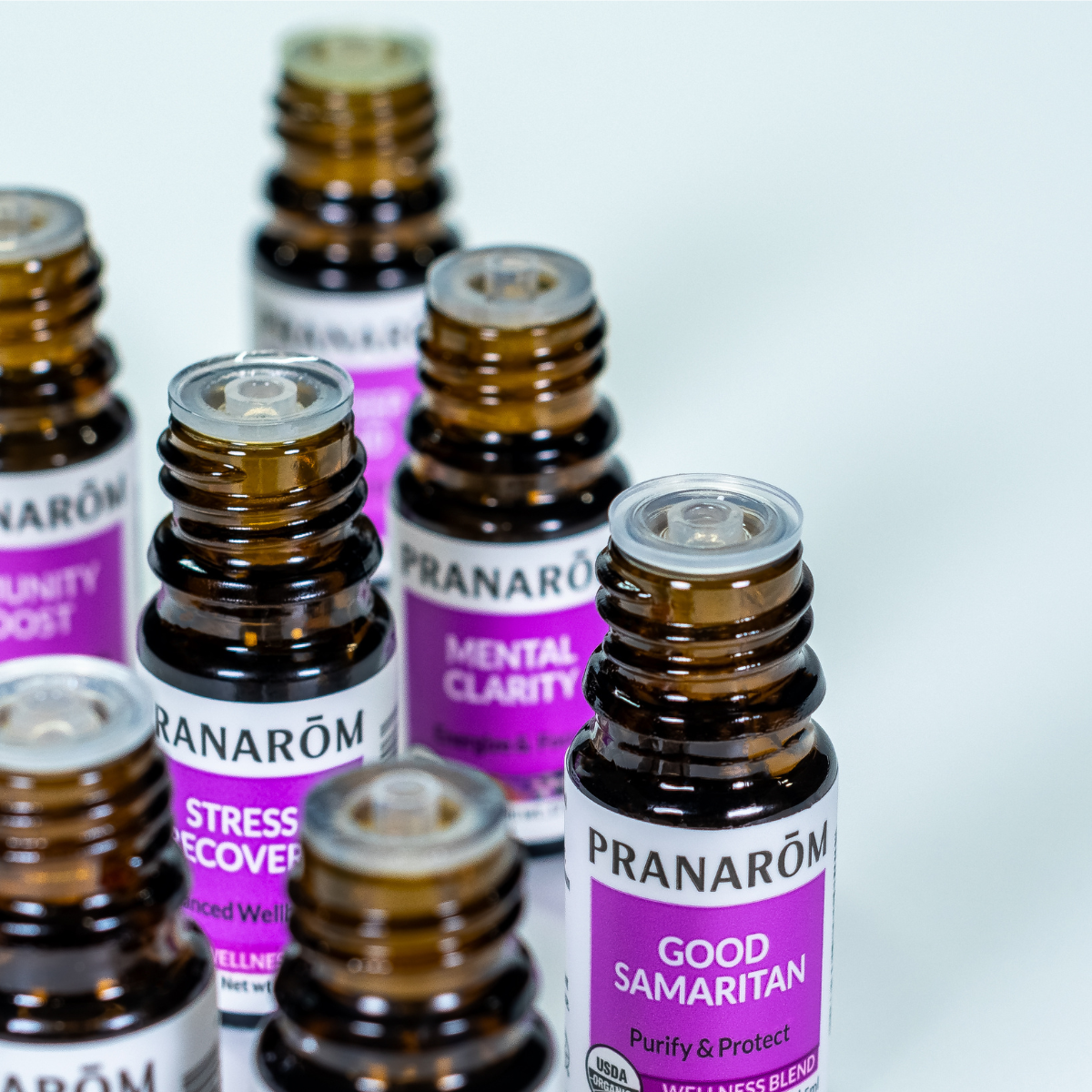One of our greatest privileges at Pranarom is working with farmers and distillers worldwide who prioritize sustainability and fair trade practices. Our fair trade Frankincense source is one of these gems - read on to learn more about their commitment to the frankincense farming community in Somaliland, and why this is so important when it comes to Frankincense.
What is Frankincense?
Frankincense resin is harvested from Boswellia carterii trees growing deep in the arid deserts of Somaliland. Small cuts in the trees produce "tears" of sap that harden into resin and are steam-distilled to produce Frankincense essential oil.
Why is Frankincense at risk?
Highly valued for its calming scent and health benefits, Frankincense is in higher and higher demand each year. Without fair trade practices, the harvesting communities and natural resources of Somaliland risk being exploited by corporations whose only aim is profit.
Benefits of fair trade:
The Frankincense distillery that we use operates with sustainability and community development at its core. Centuries old harvesting methods are combined with innovative ideas, producing the highest quality Frankincense and preserving this natural resource for generations to come.
Other benefits of fair trade include:
- Access to clean water
- Livable wages
- Food cooperatives
- Access to education
- Reinvestment in forest communities
Harvesting Frankincense
1. Golden Tears: Small "tears" of sap form out of tiny cuts made by harvesters in the bark of the Boswellia carterii trees.
2. Resin: Once dry, the tears of sap harden to a gum-like state. Frankincense resin is traditionally burned incense or even chewed to promote dental health.
3. Essential Oil: Frankincense, from its resinous state, is steam distilled to produce essential oil. This involves pressurized steam moving through the resin, cooling and condensing into frankincense water (hydrosol) and essential oil.
Shop our Frankincense Essential Oil here, and our Frankincense Hydrosol here.












